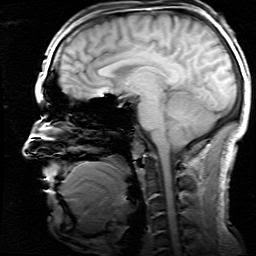Ingredients for "California Summer Ale"
- 1 lb. carapils malt
- 5 lbs. light dried malt extract (American brand)
- 1.5 oz. whole Saaz hops (bittering)
- 0.5 oz. whole Saaz hops (aroma)
- 4.25 fl. oz. Wyeast American ale yeast 1056 (activator pack)
- I heated two and a half gallons of tap water to 158 degrees Fahrenheit, and steeped the carapils malt (in a nylon bag) for 25 minutes.
- I rinsed the malt with warm tap water (also approximately at 158 degrees), to bring the volume up to three gallons.
- Then, I heated the water to boiling and added the dried malt extract as well as the bittering hops. These were boiled for 58 minutes.
- For the final two minutes of the boil, I added the aroma hops.
- I stuck the whole pot in a sink of ice water, and let it cool down a fair bit. Once it was cool, I decanted the wort into my primary fermenter, and topped it up to five gallons with cold distilled water.
- Then, I pitched the yeast. I activated the pack yesterday afternoon, and found that it swelled up much more quickly than I was expecting! We'll see how it does today. I can't imagine there is any harm from just sitting overnight.
- The initial gravity is 1.042. This is a potential alcohol of 5.2 percent or so, but given my usual yield I would predict it will end up being about 3.5 -4 percent in the end.
The light malt extract was $4/lb, for a total cost of $20. The hops were free, the yeast cost $7 for the package, and the carapils malt was $2 for a 1 lb. package. Adding in $2 for the water, and another $2 or so for the ice used to cool this down, I spent approximately $33 on ingredients for this batch. Assuming I'll get around 48 bottles from this batch, that works out to ~69 cents of ingredients per bottle. Of course, this doesn't factor in the equipment costs (which probably about doubles things after five batches of beer), but it's still a pretty good price (under $5 per six-pack!) for what I hope will be good beer.
Other tidbits
For this brew session, I made the leap to purchase a few nylon bags for grain steeping and hops boiling. This is the best brewing investment I've made so date! It's way easier than cheesecloth, ridiculously reusable, and will definitely be cheaper in the long run.
